Flying with your baby is easy with Delta! You can hold your little one on your lap for free on US flights, or get them their own seat with a special safety seat. Delta has everything you need to make flying with your baby simple and safe. From bringing your baby’s stroller to finding a comfy place to nurse, Delta makes sure both you and your baby have a smooth ride.
Delta Infant Air Travel
We're here to assist you and your family in reaching your destination conveniently . Infants or children under 2 years old can fly on an adult's lap for free of charge within the United States or at a lesser fare for international travel. Additionally, you have the option to book a ticket for your child, enabling them to occupy their own seat on the aircraft, provided it meets FAA-approved child safety seat regulations or by using a CARES harness. Our guide makes it efficient to add a lap-held infant (Infant-in-Arms) to your ticket yourself.
For safety reasons directed by the FAA, each adult passenger is allowed to hold only one lap-held infant. If you're flying with two infants, an extra seat must be booked for the second infant. Infants holding a seat on domestic flights require a ticket and will be subject to the applicable fare.
Pregnant Passengers
Delta has no specific restrictions on flying if you’re pregnant, and no medical certificate is required for travel. However, if you're flying during or after your eighth month of pregnancy, it's advisable to consult with your doctor to ensure that travel is safe for you and your baby. Keep in mind that ticket change fees and penalties cannot be waived for pregnancy-related reasons.
Delta Infant-in-Arms or Child in Safety Seat
If you're flying with a child under 24 months old , you can fly with Delta Infant on lap (Infant-in-Arms) or in an FAA-approved child safety seat. However, to use a FAA-approved safety seat, you must book a ticket for your child, securing them a seat.
You will need to book a ticket for your child if:
Your child is 24 months old or older.
Your child will turn 2 during the trip.
You opt to make your child sit in a seat with an FAA-approved child safety seat.
You already have a child who will be sitting in your lap, irrespective of their age.
You want your child to get miles for their SkyMiles account.
You will be flying between countries, regardless of whether or not the child secures a seat.
Delta Infant Safety Seat Guidelines
If you opt to utilize a child safety seat on the airplane and purchase a ticket for your child, there are a few restrictions and guidelines you must follow.
Where to Sit with a Child Safety Seat:
It is suggested to choose the window side for an approved child safety seat. Other seating arrangements may be applicable till the seat is not installed between other passengers and the aisle. An accompanying adult must book the seat next to the child. It's possible to have more than one car seat in use within the same row and section of seats. As per FAA regulations, infants under 2 years old are not allowed to sit in a seat equipped with an airbag seat belt.
Prevent selecting seats in the following areas when using a child safety seat:
Aisle seats
Emergency exit rows
Bulkhead seats if the safety seat is a combination car seat and stroller
Flatbed seats in the Delta One™ area of various aircraft, such as Airbus A330-200 or A330-300 aircraft, as child safety seats are not accepted in this area due to the inability to deactivate the airbag seat belt.
Take off and Landing
While takeoff and landing, an adult (18 years or older) has the preference to hold an infant (Infant-in-Arms) or secure the infant in a FAA-approved child restraint system in their own seat. Booster-type car seats are not permitted for use during taxi, takeoff, and landing.
Delta Infant Safety Seats & Adults' Responsibilities
Delta flight attendants will keep a check with accompanying adults if children are correctly secured in their safety seats and in the aircraft seat. Additionally, accompanying adults have the following responsibilities when using a child restraint during takeoff and landing:
Check that the child restraint seat adheres with FAA guidelines
Verify that the child restraint seat is working properly and free of obvious defects
Secure the child in accordance with the manufacturer's instructions
Ensure that the child does not overreach the weight limit specified for the restraint
Ensure that the child restraint is secured to the aircraft seat using the aircraft seat's safety belt
Delta Infant Approved Safety Seats
All child safety seats or restraints contain labels indicating their adherence with safety requirements. Restraints meeting the qualifications and labeling are approved for use on Delta flights.
Restraints manufactured within the U.S. after 2/25/85 must bear the following labels:
Conforms to all applicable federal motor vehicle standards
Certified for use in both motor vehicles and aircraft
Restraints manufactured within the U.S. between 1/1/81 and 2/25/85 should exhibit the following label:
Conforms to all applicable federal motor vehicle standards
Restraints manufactured outside the U.S. must display any of the following labels:
Approval from a foreign government
Manufactured under United Nations standards
The following restraints are not accepted :
Booster seats, even if labeled as meeting U.S., UN, or foreign government standards
Vest and harness-type child restraint devices, except for the FAA-approved CARES restraint device
Bassinets or SkyCots
For our little travelers on certain international flights, we provide onboard baby bassinets. These are supreme for infants weighing up to 20 lbs. (9 kg) and measuring up to 26 inches (66 cm) in length.
Onboard bassinets, also known as SkyCots, are provided at no extra cost for passengers seated in specific seats on equipped aircraft during certain international flights. Requests for SkyCots can be made by reaching out to Reservations before arriving at the airport and then discussing with the gate agent at the boarding gate. However, availability cannot be assured due to a limit of two SkyCots per aircraft and weight restrictions.
Please ensure that all infants must be held by an adult during takeoff, landing, and whenever the seat belt light is illuminated.
Delta Travel with Infant — Information
For children below 24 months , we recommend booking a seat on the aircraft and using an approved child safety seat. Here are some tips for travel with an infant on Delta :
Breastfeeding:
Delta fully supports breastfeeding on board Delta and Delta Connection aircraft, as well as in Delta facilities. Breast pumps are accepted on board. Many airports provide private lactation rooms or spaces; feel free to ask a Delta associate for assistance in locating one.
Booking Your Trip:
When flying with an infant or toddler, consider granting extra time between flights for rest or bathroom breaks. Our Airport maps can help you plan layovers beforehand .
International Flights:
If your travel destination needs a passport and/or travel visas, ensure you have the required documentation for your child. Visit the U.S. Department of State’s Special Requirements for Children for information on required documentation in each country you’re visiting or stopping over in.
Infant Baggage:
Refer to our Infant & Children's Items guidelines for specific details on carry-on items, including child restraint seats, strollers, and diaper bags. At the time of security checks, the TSA generally accommodates items like medications, breast milk, and baby formula. Explore the Traveling with Kids section of the TSA website for information and helpful videos on flying with an infant and carry-on baggage restrictions.
Frequently Asked Questions on Delta Infant Policy
What is Delta Infant policy?
Delta Airlines accepts infants under the age of 2 years to travel on the lap of an adult passenger within the United States for free of charge or at a lesser fare for international travel.
Can I book a separate seat for my infant?
Yes, Delta offers you to book a separate seat for your infant. This enables you to use an approved child safety seat during the flight.
What are the restrictions on the number of infants I can travel with?
According to FAA safety regulations, each adult passenger is allowed to hold only one lap-held infant. If you're flying with two infants, you must book a seat for the additional infant.
Can I carry a stroller or car seat for my infant?
Yes, you can carry a stroller, car seat, or other necessary infant items. Delta Airlines has guidelines for traveling with infants and children's items, including specifications on carry-on allowances and special provisions during security checks.
Can I breastfeed on Delta flights?
Yes, Delta Airlines fully supports breastfeeding on board their flights and offers accommodations for nursing mothers. Breast pumps are also permitted on board.
Are there any extra conditions for international flights with infants?
For international flights, remember that you have all the important documentation for your infant, including a passport if needed . Visit the U.S. Department of State’s website for information on passport requirements for children.
How can I request a baby bassinet (SkyCot) for my infant during the flight?
SkyCots are available on some international flights and can be requested by contacting Delta Airlines reservations before arriving at the airport. Although, availability cannot be assured due to limited quantities and weight restrictions.
Are there any special considerations for infant baggage and security checks?
The Transportation Security Administration (TSA) generally accommodates items such as medications, breast milk, and baby formula at time of security checks. Visit the TSA website for information and helpful videos on traveling with infants and carry-on baggage restrictions.
What is Infant baggage allowance on Delta?
Infants flying for free, do not receive a separate baggage allowance.. Therefore, any baggage for the child is included as part of the adult's baggage allowance.


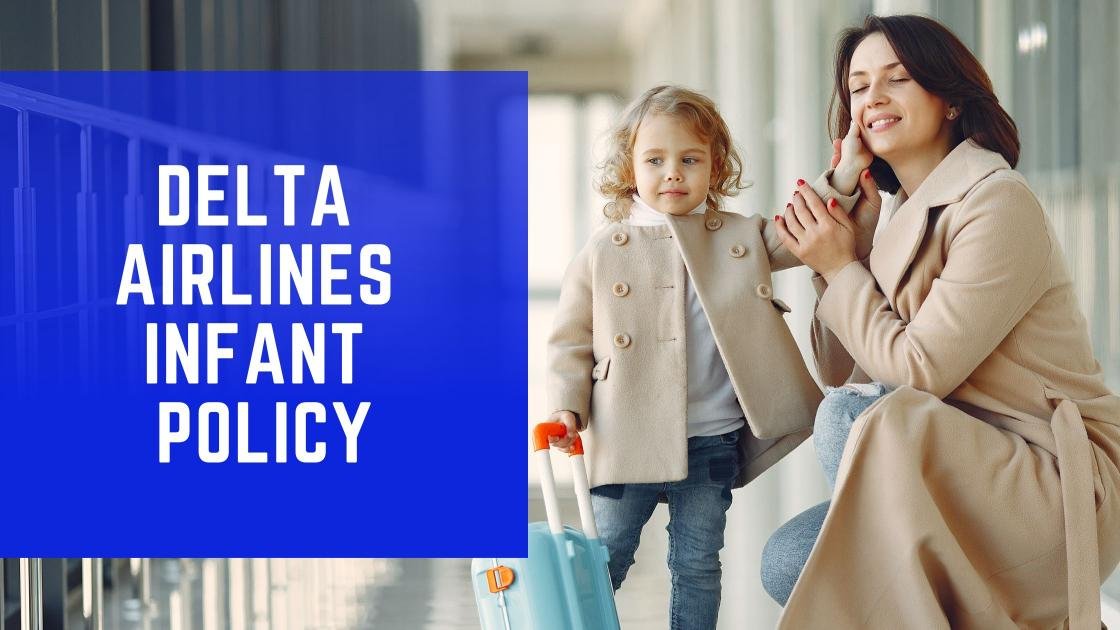
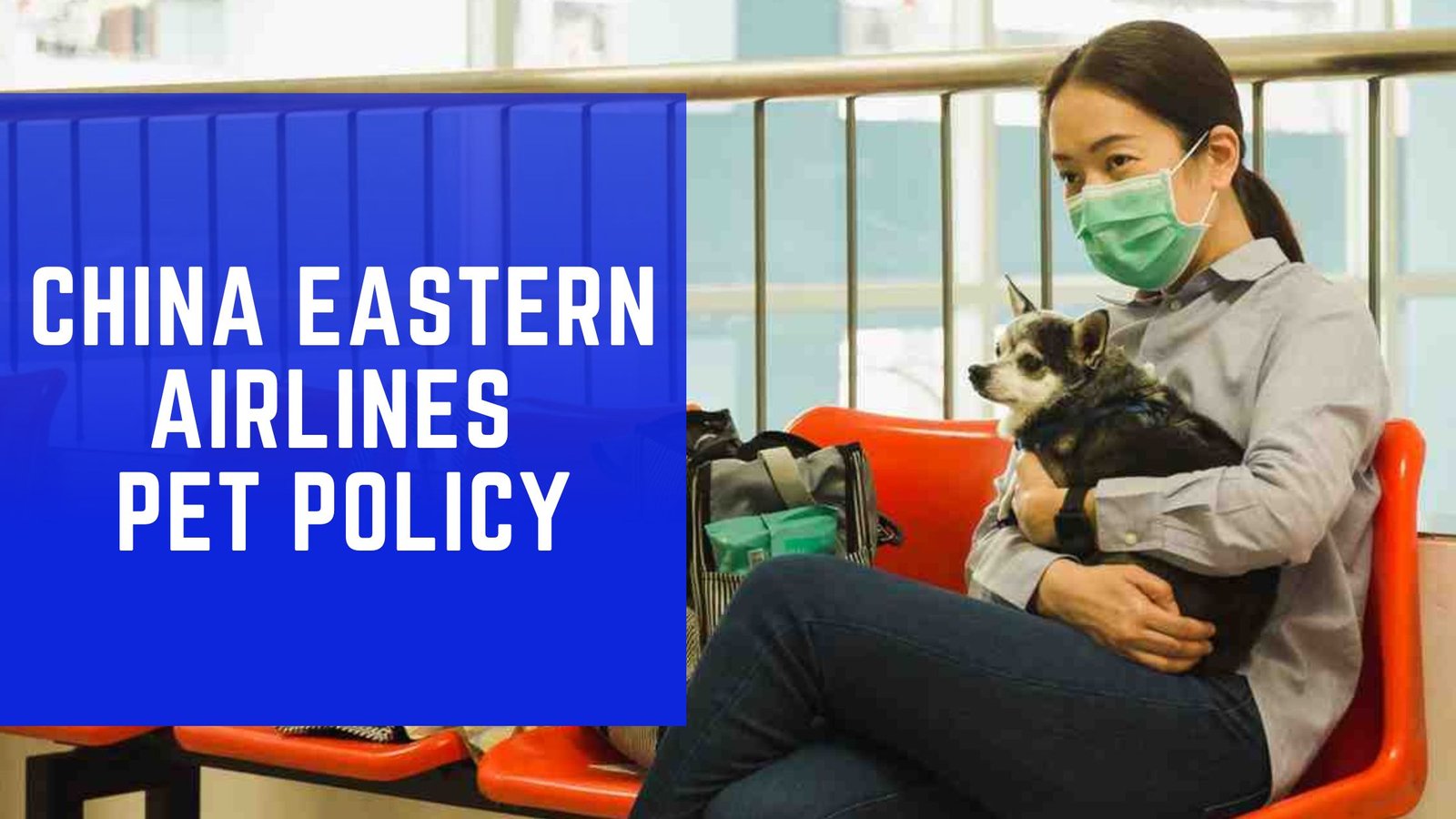
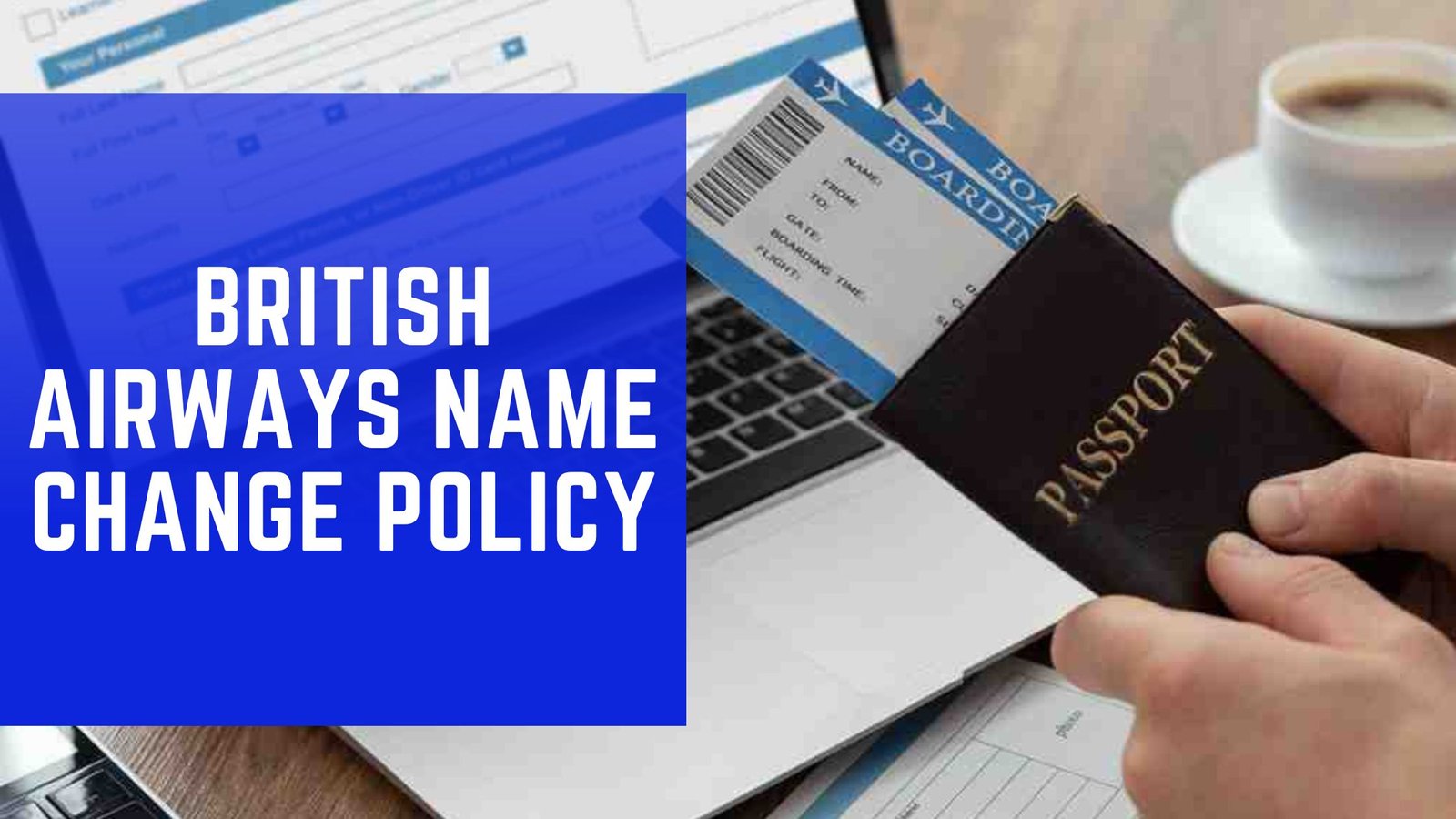
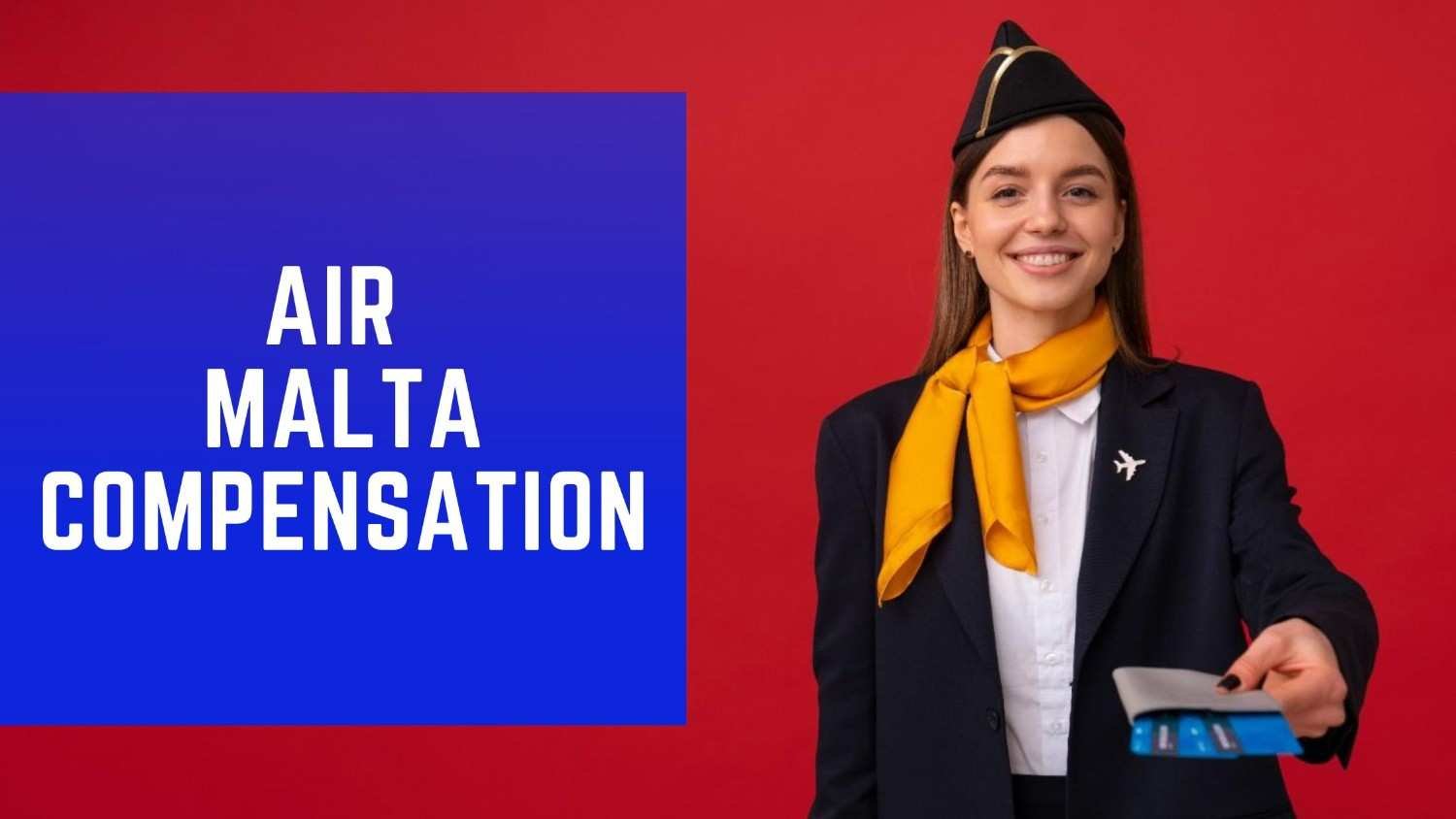
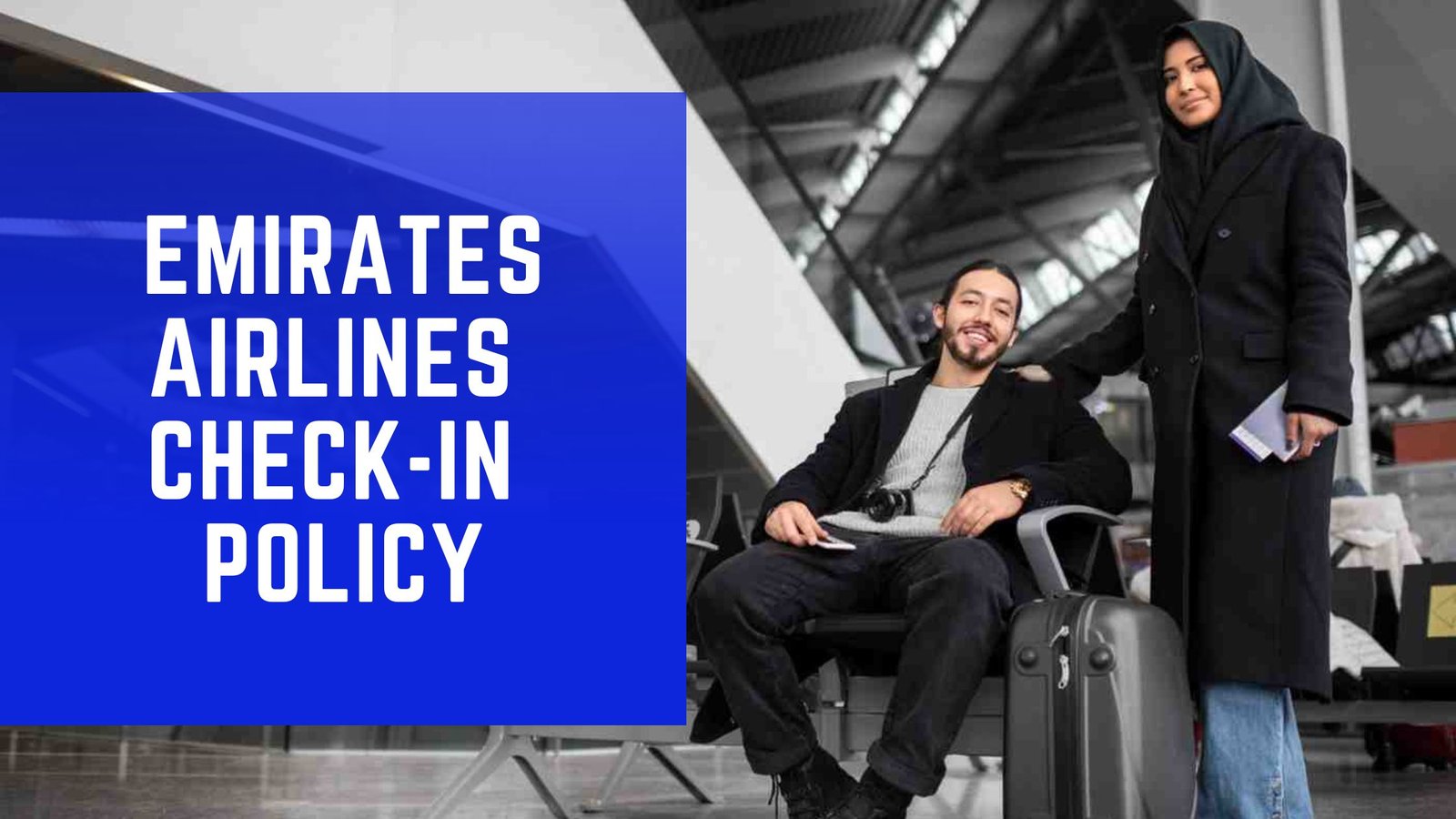
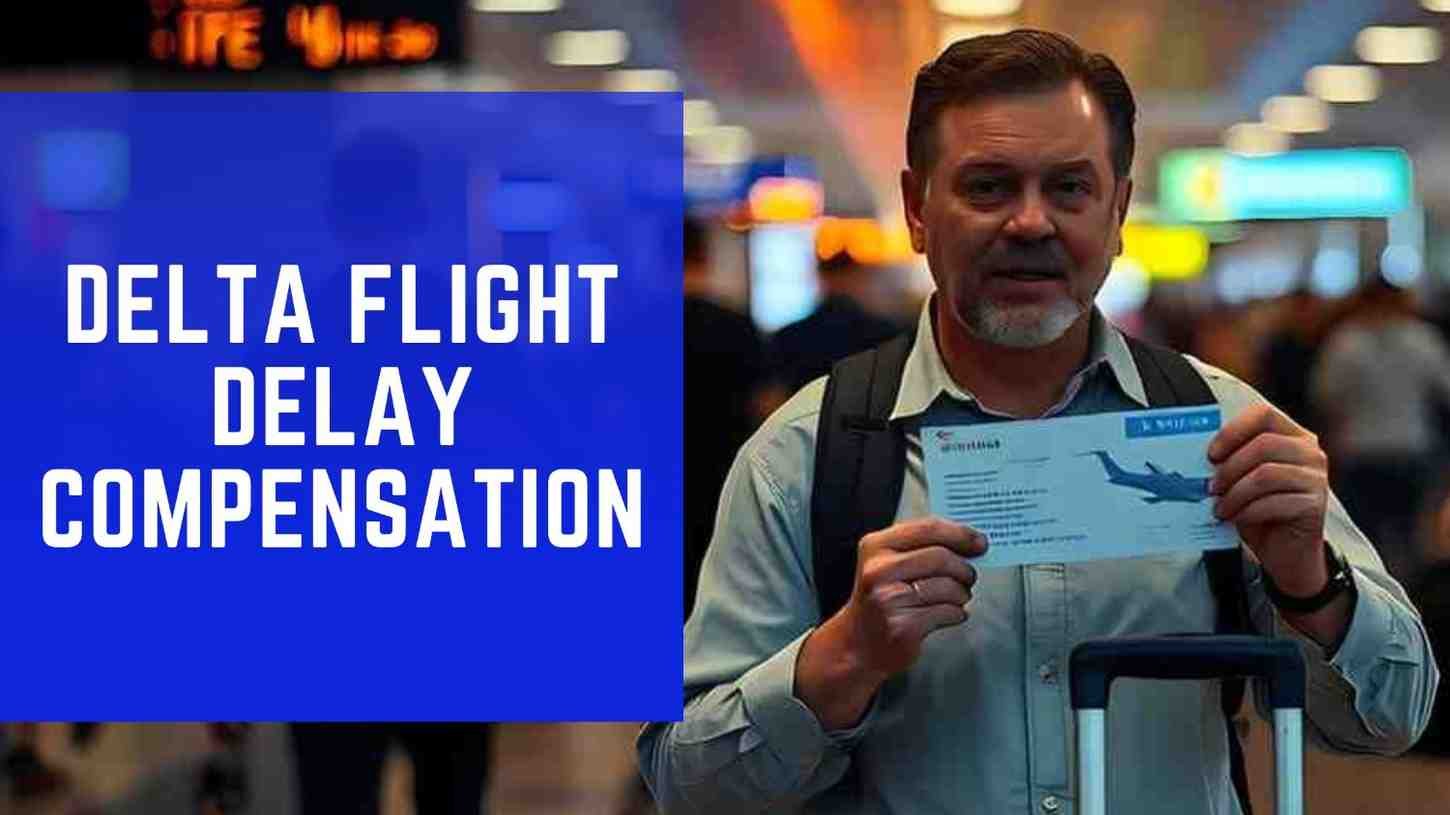


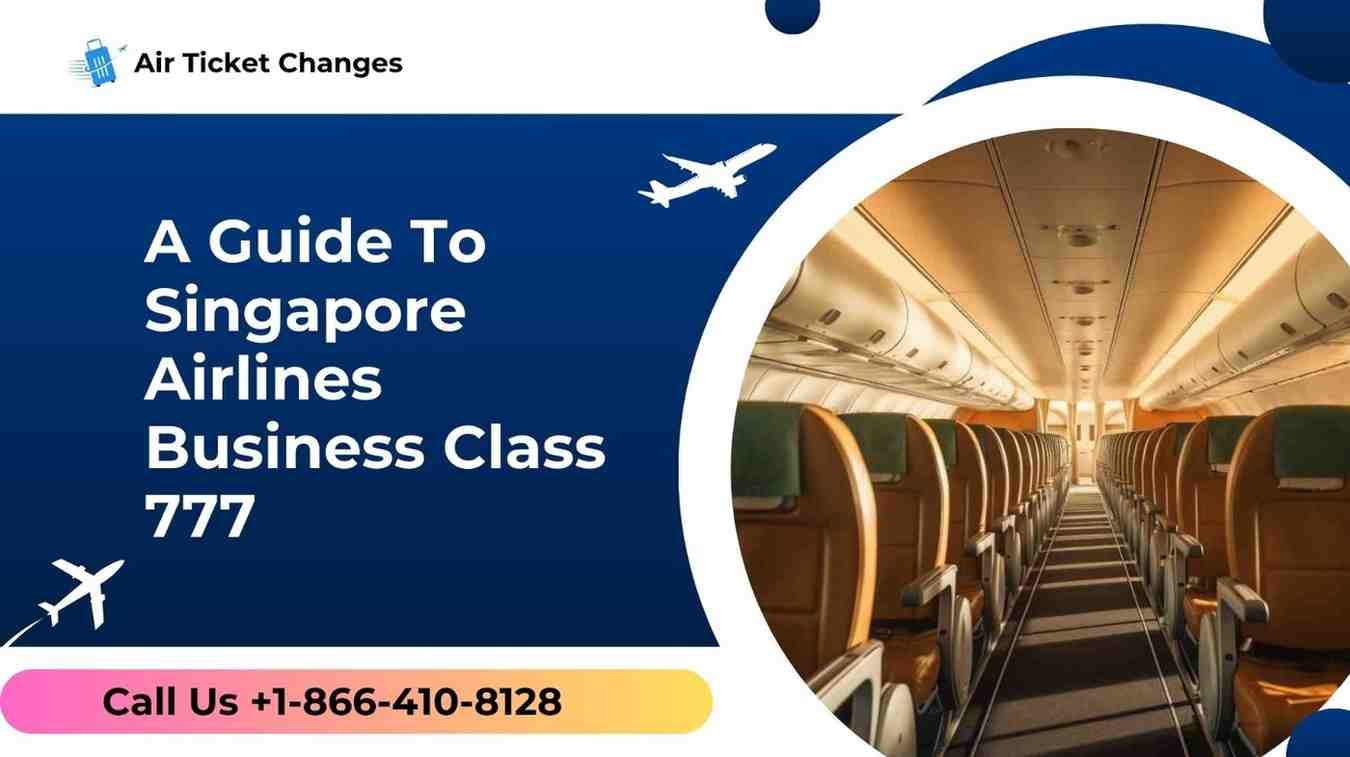
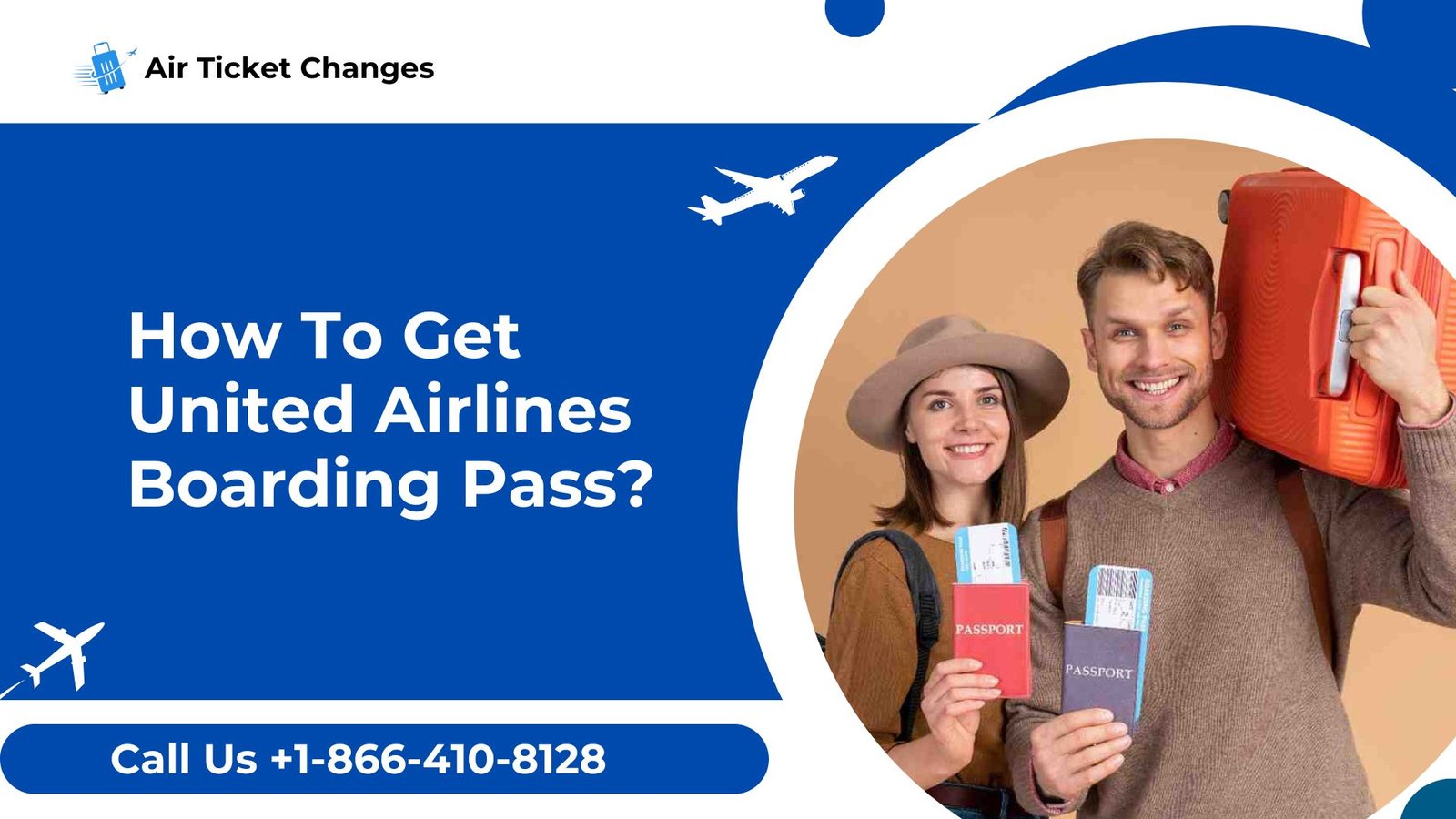
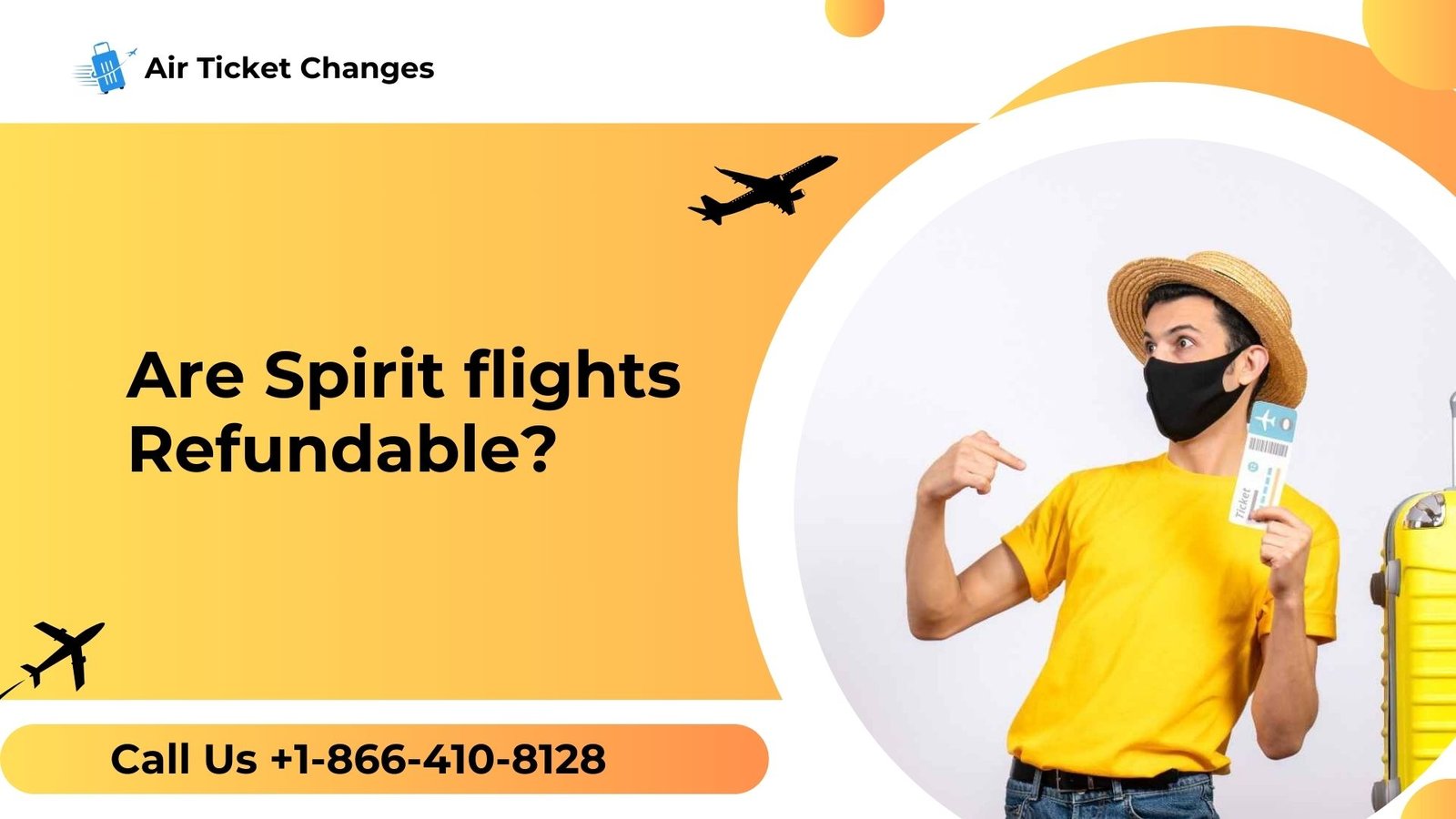
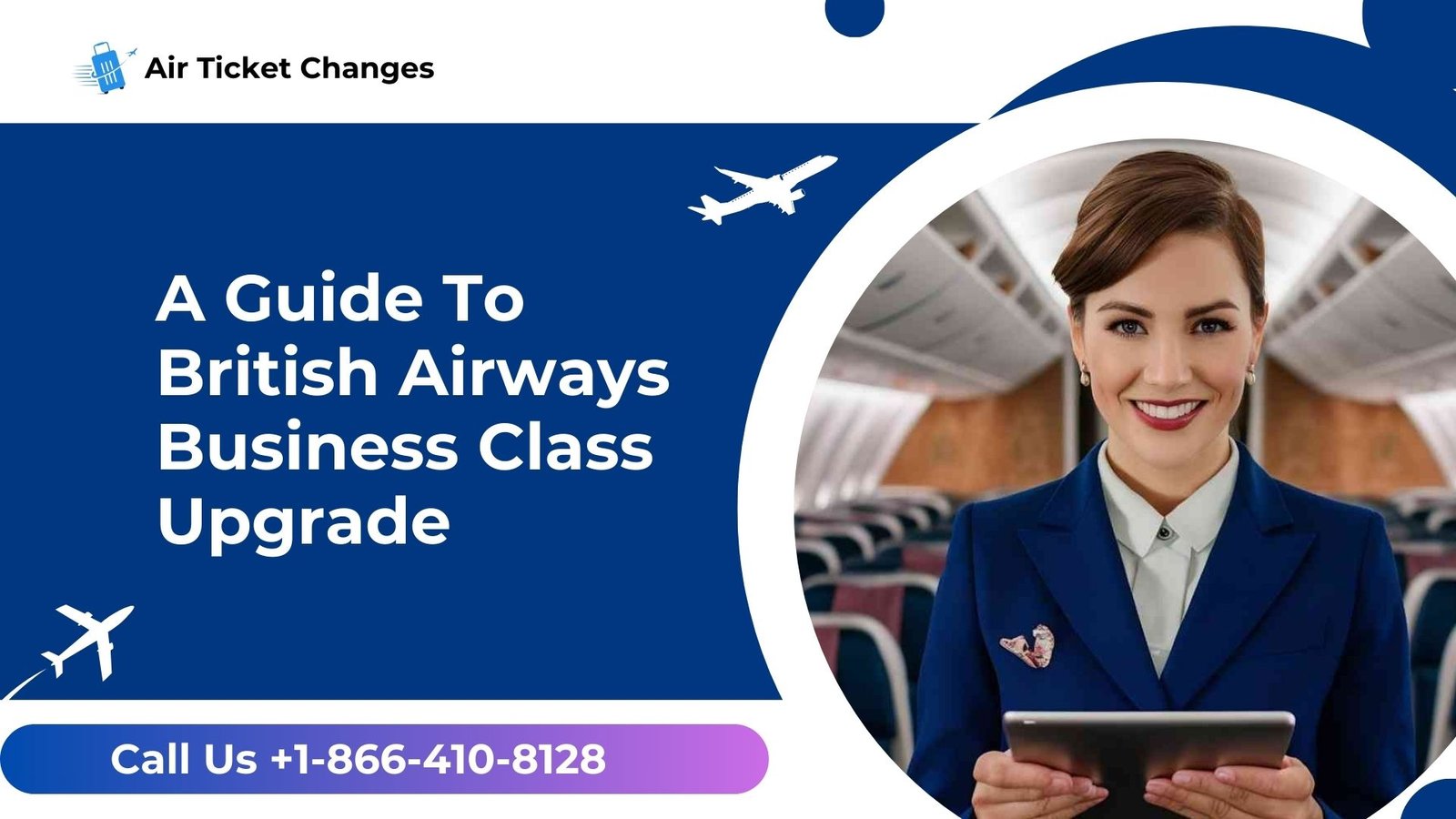
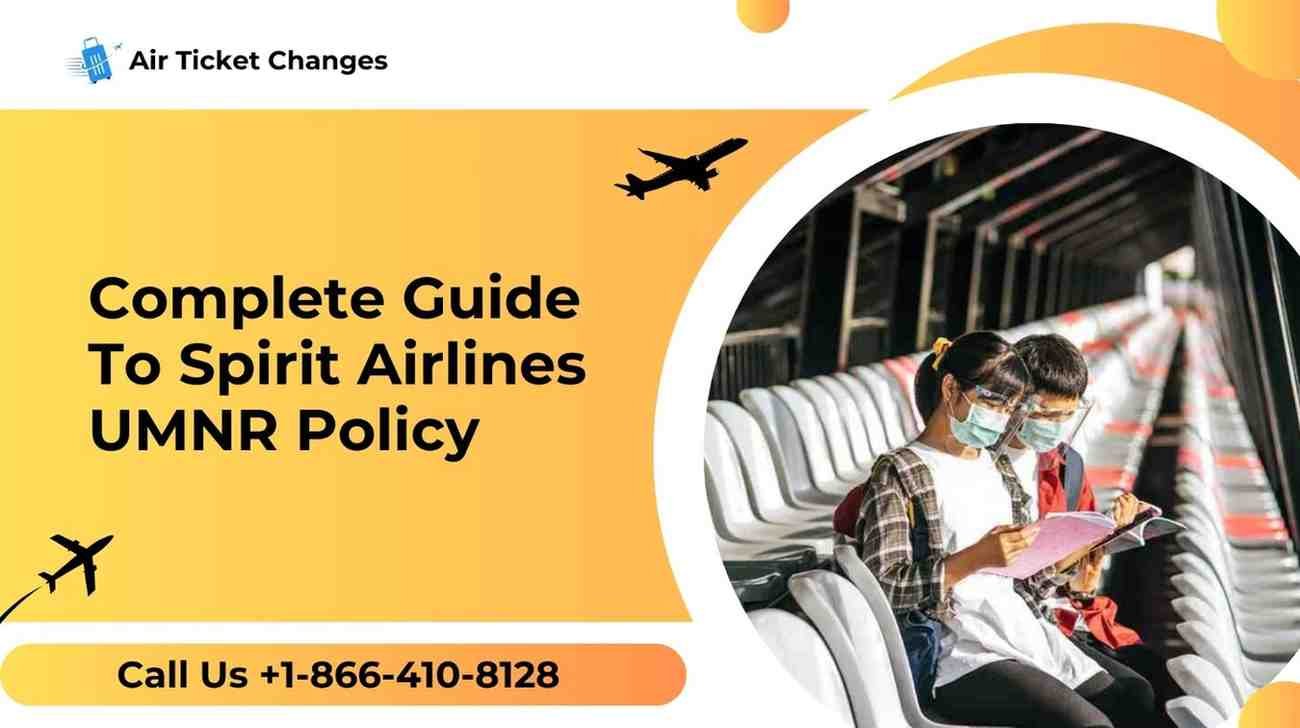
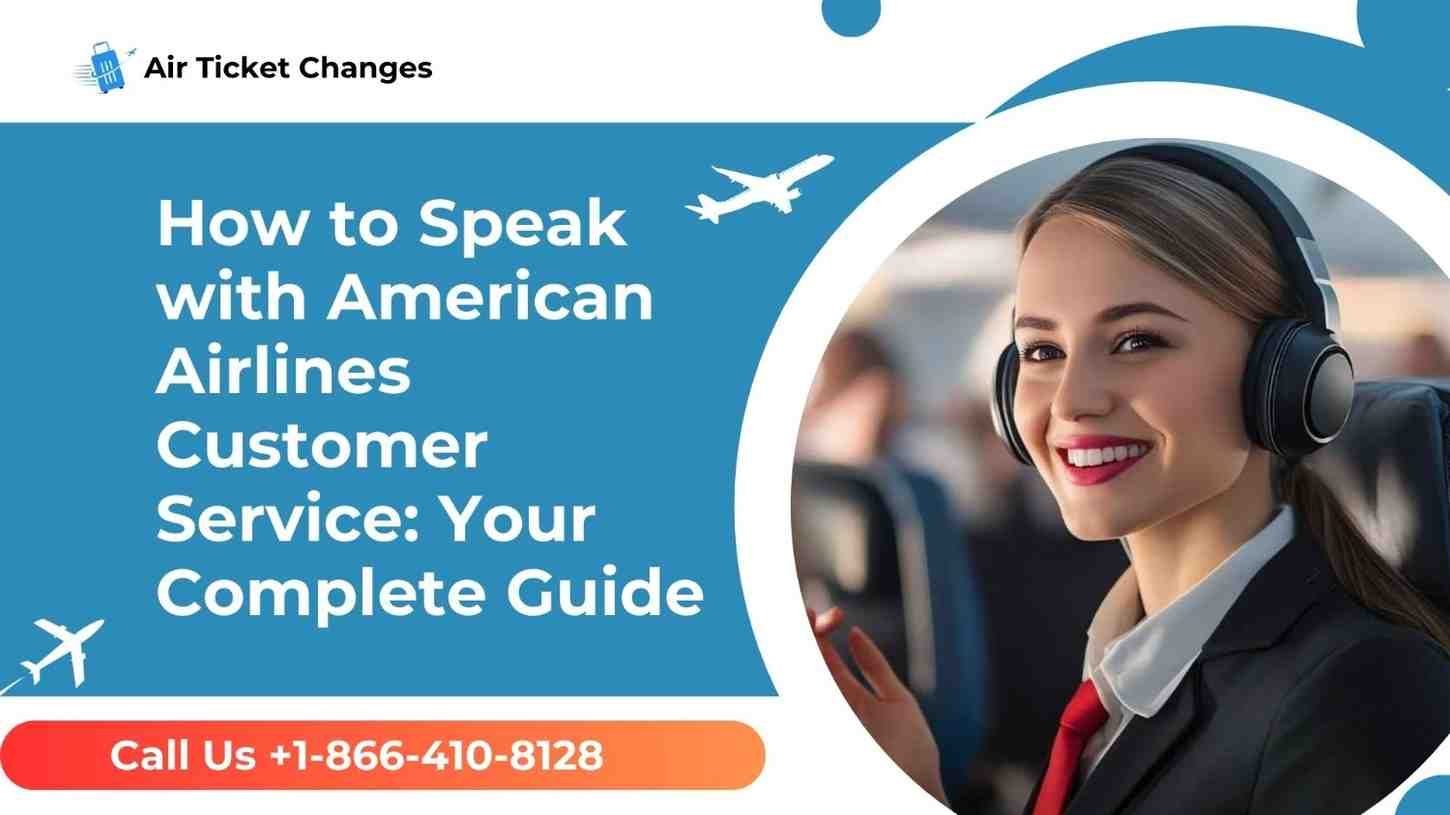
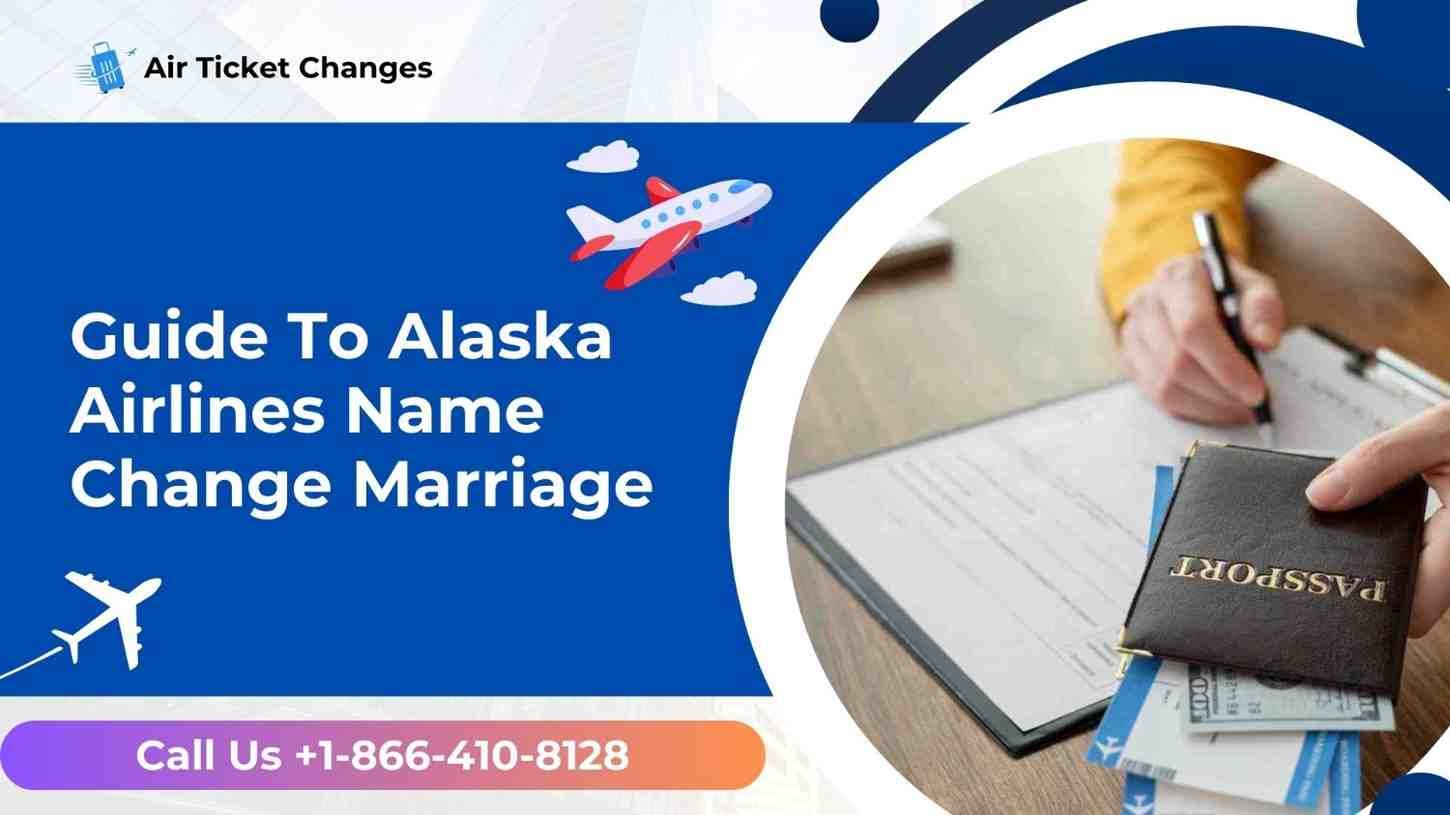
 +1-866-410-8128
+1-866-410-8128